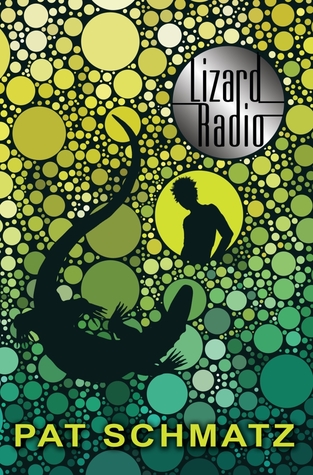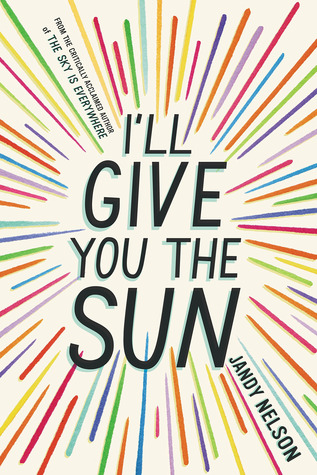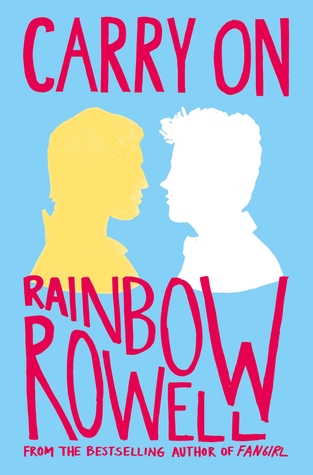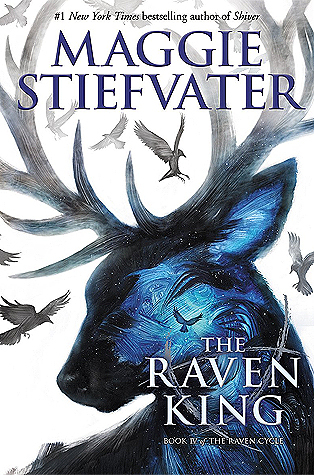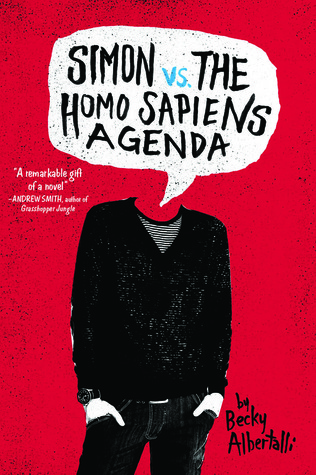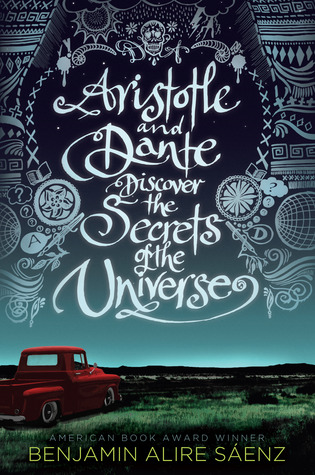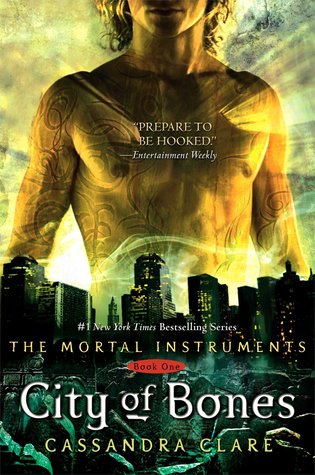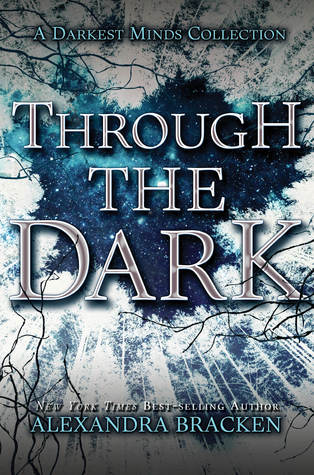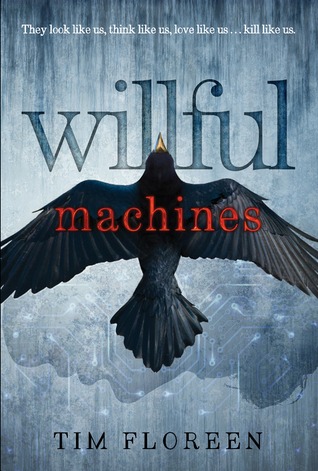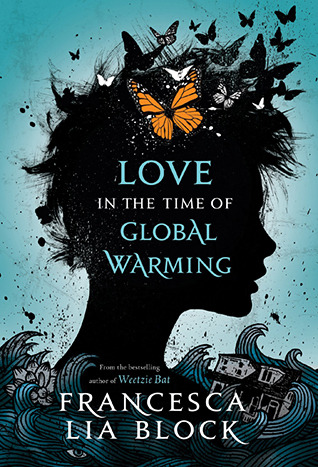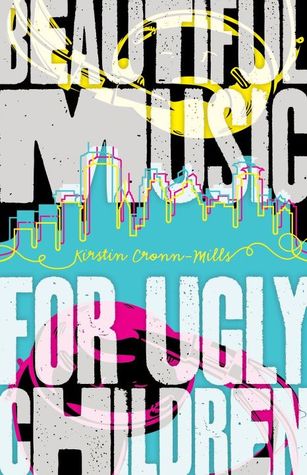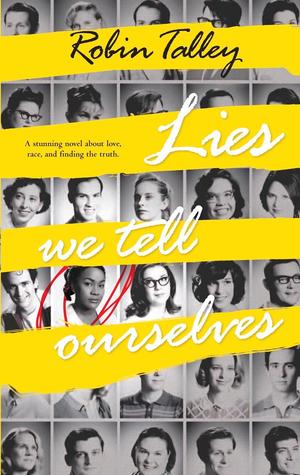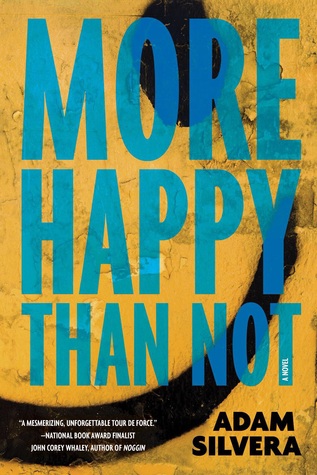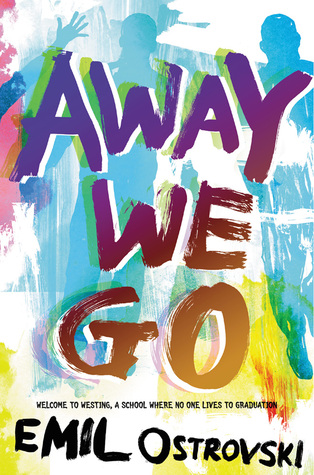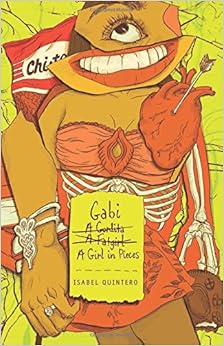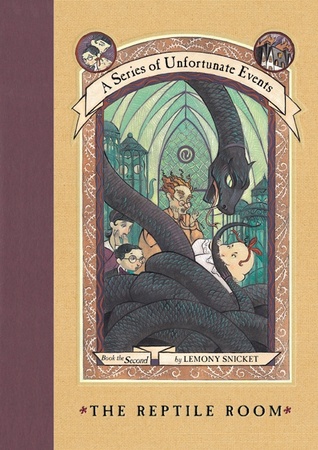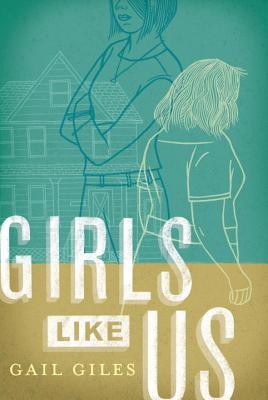Lizard Radio by Pat Schmatz was a book most accurately described as weird as hell. Kivali, a gender nonconforming teen labeled a "bender", is forced to attend a mandatory government run agricultural camp that turns teenagers into good, conformist citizens. She has links to lizards in her past- she was left on the doorstep of her foster mom wrapped in a t-shirt with a lizard on it, and can connect to what she calls the "lizard radio" while in a trance state. The book tells her journey in the camp and her struggles to remain herself even while the program is attempts to reduce everything about her to an "either-or".
Schmatz appears to be a fan of minimalist explanations right off the bat- Lizard Radio is one of those sci-fi books that throws readers right in to figure out its futuristic vocabulary from context clues. React to that fact as you will. The audience is then confronted with mystery after mystery as the narrative progresses.
[The rest of this post contains *MAJOR SPOILERS* related to the ending and resolution of the novel]
In the end, only some of these mysteries are actually explained. Basically, we don't know how a lot of the story world works or why certain phenomena occur; mysterious things are still happening and the readers never find out how or why. The alternative resolutions relate to Kivali's perspective on the things no one truly understands and the personal choices she makes in the face of cosmic uncertainty.
Especially because this book reads as a little bit of a love letter to gender nonconforming teens (who don't get many love letters!), it felt appropriate that it left me with a bit of confusion. Life isn't wrapped up with a neat little bow. Life is full of confusion, and especially so for many gender nonconforming teens. Scientifically speaking, there are many real life questions that we simply don't have answers to. We don't have explanations for all of the relevant questions in our universe, so is it acceptable for authors to leave some mysteries floating in the cosmos?
I think so. In fact, I think that the lessons Kivali learns are extremely applicable to real life. In the Lizard Radio universe, a citizen can spend every day of their life fearing the day they're taken into the sky, or look forward to it (even going as far as to encourage it). One can work as hard as possible to prevent it from happening to them. But regardless of one's perspective on the matter, it could still happen. So is it worth it for them to let that fear prevent them from living the way they want to?
Even though death and the fear of it still lingers in Lizard Radio, these lessons are applicable to our fear of death. It's also applicable to nonconformism. Although the characters have much more to fear from nonconformance than we do, facing judgement, punishment, and potentially "vaping" as a result of deviance from societal binaries, it can be interpreted that even though real life nonconformance is discouraged and faced with judgement, the consequences of that nonconformance might be very worth being able to live the way you want to. The main message I interpret is that fear isn't a good box to put yourself in, and you shouldn't let it restrict your free will, and I'm willing to cope with a few unsolved mysteries in order to see this message so beautifully put.
What do you think? Am I misinterpreting the resolution of the novel, and have I got it all wrong? Do you agree that cosmic uncertainty is acceptable in literature, or do you read expecting full explanations? Let me know in the comments!
